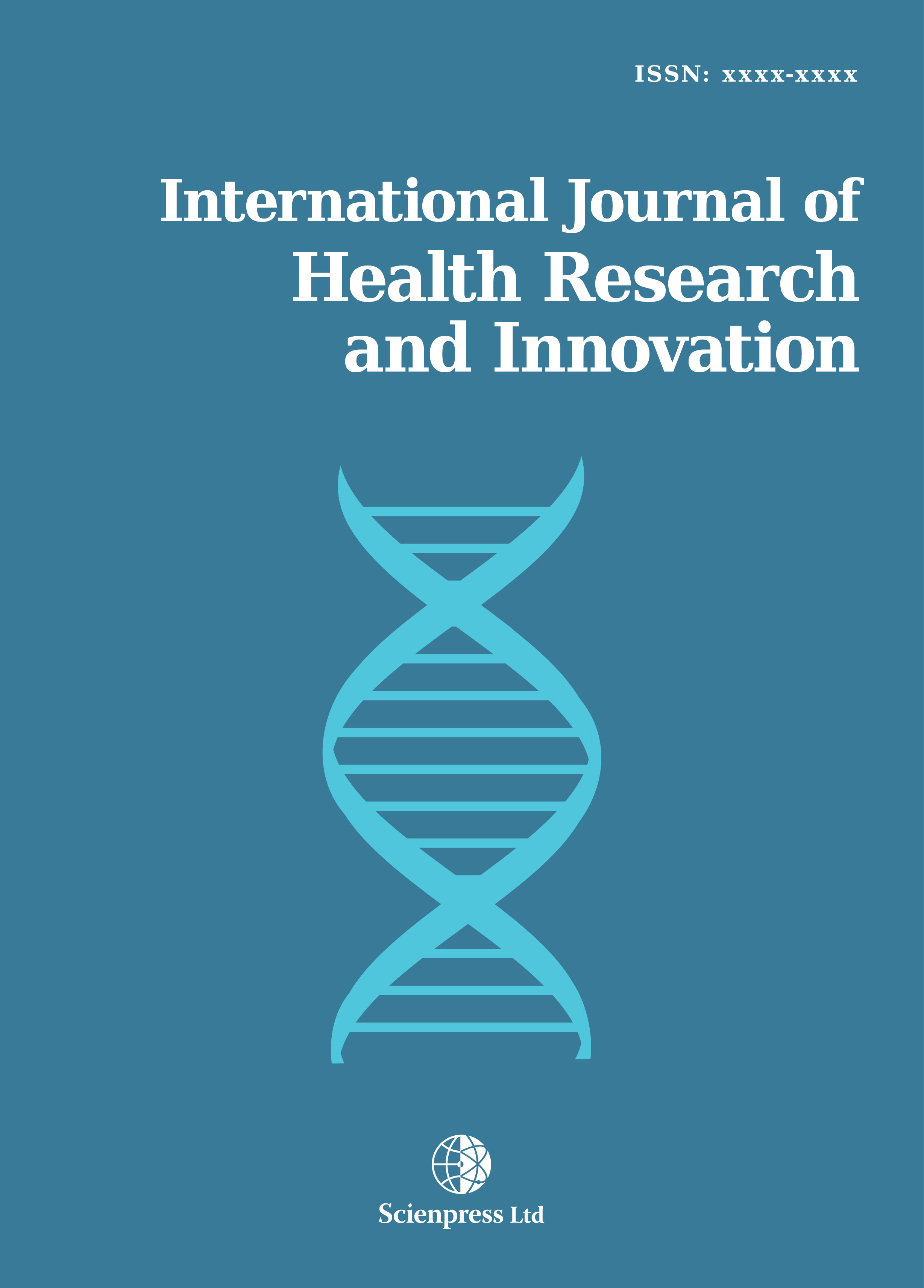International Journal of Health Research and Innovation
Factors affecting Job Involvement in Taiwanese Nurses: A Structural Equation Modeling Approach
-
 [ Download ]
[ Download ]
- Times downloaded: 10610
-
Abstract
The caring behaviors and self-efficacy of nurses can influence their intentions to leave an organization and the quality of their nursing care. Job involvement is a crucial predictor of nurse turnover. Evidence-based data shown caring behavior and self efficacy are the optimum available evidences of the factors that support nursesí job involvement. A cross-sectional and correlation research design was adopted for this study. Overall, 405 clinical nurses employed at a hospital in southern Taiwan were recruited for this study. Of these nurses, 338 completed the questionnaire, for an effective response rate of 83.4%. The results showed that the postulate model fit the data in this study well. Caring behaviors are positive and significantly directly related to self-efficacy. Additionally, nursesí self-efficacy was not significantly correlated to their job involvement. By contrast, caring behaviors exerted a significant influence on job involvement. Nurses who perceive that their caring behaviors are recognized and rewarded are more likely to be involved in their work environment. Self-efficacy can be used as a screening variable when predicting job involvement. Further research should adopt a longitudinal research design to understand how caring behaviors and self-efficacy change over time, and how job involvement develops as a factor in the model.
